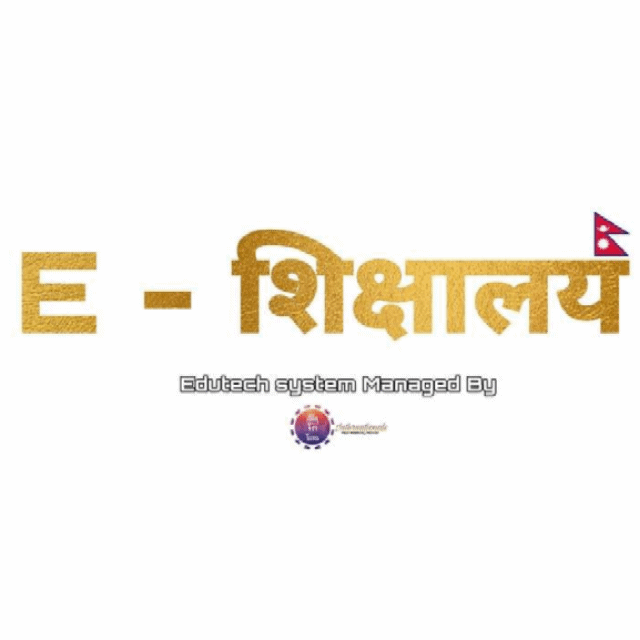


In the diverse landscape of Nepal, where the majestic Himalayas stand tall, and vibrant cultures thrive, one aspect that often takes a backseat in public discourse is the importance of health insurance. The myth that health insurance is an unnecessary financial burden needs to be debunked, especially in a country like Nepal, where access to quality healthcare can be challenging. This article explores the reasons why health insurance is a crucial investment for individuals in Nepal, shedding light on its significance in ensuring financial security and well-being.
Advertisement


- Rising Healthcare Costs:
Nepal, like many other countries, has witnessed a steady increase in healthcare costs over the years. Medical treatments, hospitalization, and prescription medications can impose a significant financial burden on individuals and families. Health insurance acts as a safeguard against these escalating costs, providing financial support when it is needed the most.
- Limited Government Healthcare Facilities:
While Nepal has made commendable strides in improving healthcare facilities, the resources are often limited, particularly in rural areas. Health insurance ensures that individuals have access to a broader network of healthcare providers, including private hospitals and specialized clinics, which may offer better and more timely medical services.
- Preventive Care and Wellness Programs:
Health insurance is not merely a safety net for emergencies; it also promotes preventive care. Many health insurance plans offer coverage for routine check-ups, vaccinations, and wellness programs. Encouraging individuals to prioritize preventive care can lead to early detection of health issues, reducing the overall burden on the healthcare system.

- Financial Security in Times of Crisis:
Unexpected health crises can be financially devastating. Health insurance provides a safety net that protects individuals and their families from the economic fallout of a medical emergency. Without insurance, families may be forced to deplete their savings or take on debt to cover medical expenses, leading to long-term financial repercussions.
- Customizable Coverage Options:
Contrary to the myth that health insurance is a one-size-fits-all solution, there are various customizable coverage options available. Individuals can choose plans that align with their specific healthcare needs and financial capacities. This flexibility ensures that insurance is tailored to the unique circumstances of each individual or family.
- Promoting a Healthier Lifestyle:
Many health insurance policies offer wellness incentives, encouraging individuals to adopt a healthier lifestyle. These incentives may include discounts on gym memberships, nutrition counseling, and coverage for preventive screenings. By promoting a healthier lifestyle, insurance companies contribute to the overall well-being of their policyholders.
Conclusion:
In the context of Nepal, health insurance is not a luxury but a necessity. The myth that health insurance is an unnecessary expense needs to be dispelled, as it plays a crucial role in ensuring financial security, access to quality healthcare, and the overall well-being of individuals and families. Investing in health insurance is an investment in one’s future, providing a safety net that can make a significant difference in times of need. As the healthcare landscape continues to evolve, understanding and embracing the importance of health insurance is a step towards a healthier, more secure future for all.






